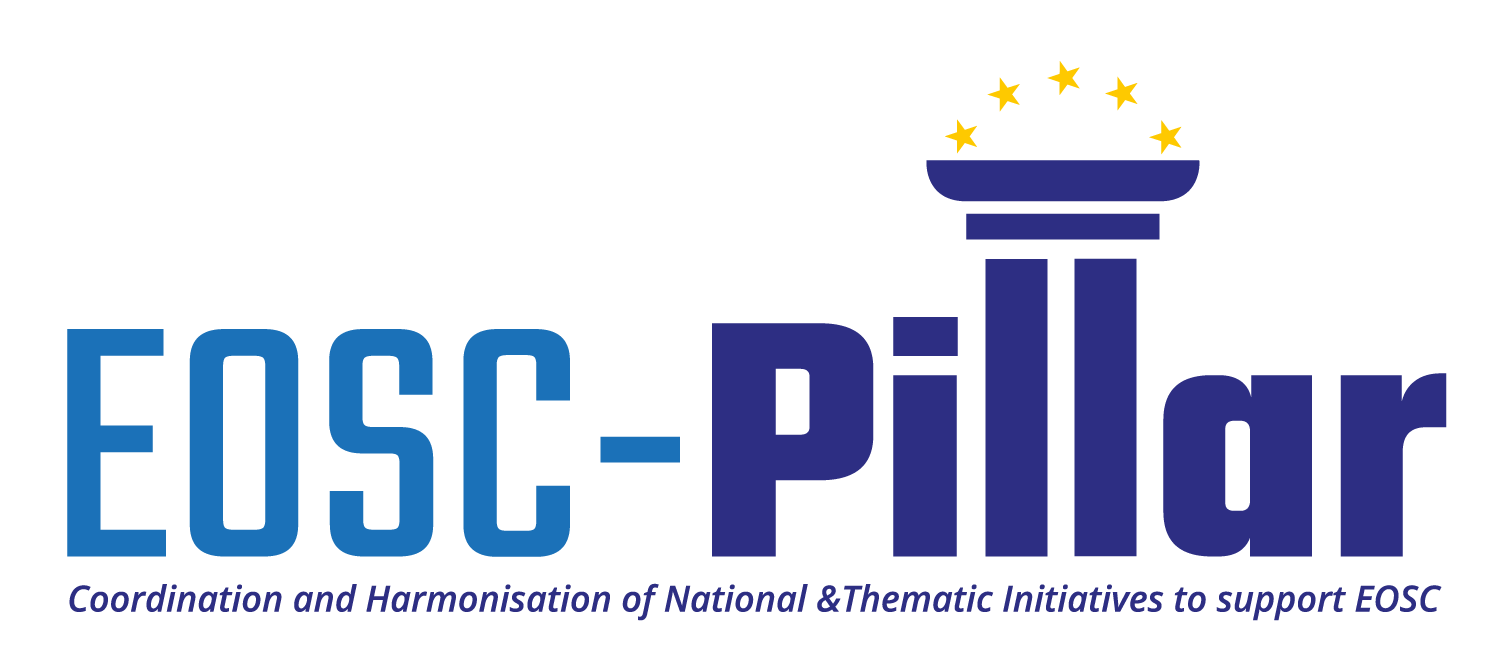
Appraise and preserve
Developing and applying appropriate methods to appraise research outputs for their compliance with ethical, FAIR and research integrity principles, their value to the organisation and to research reproducibility, and their potential to serve new purposes or communities; planning and taking action to mitigate risks to long-term access for further appraisal.







